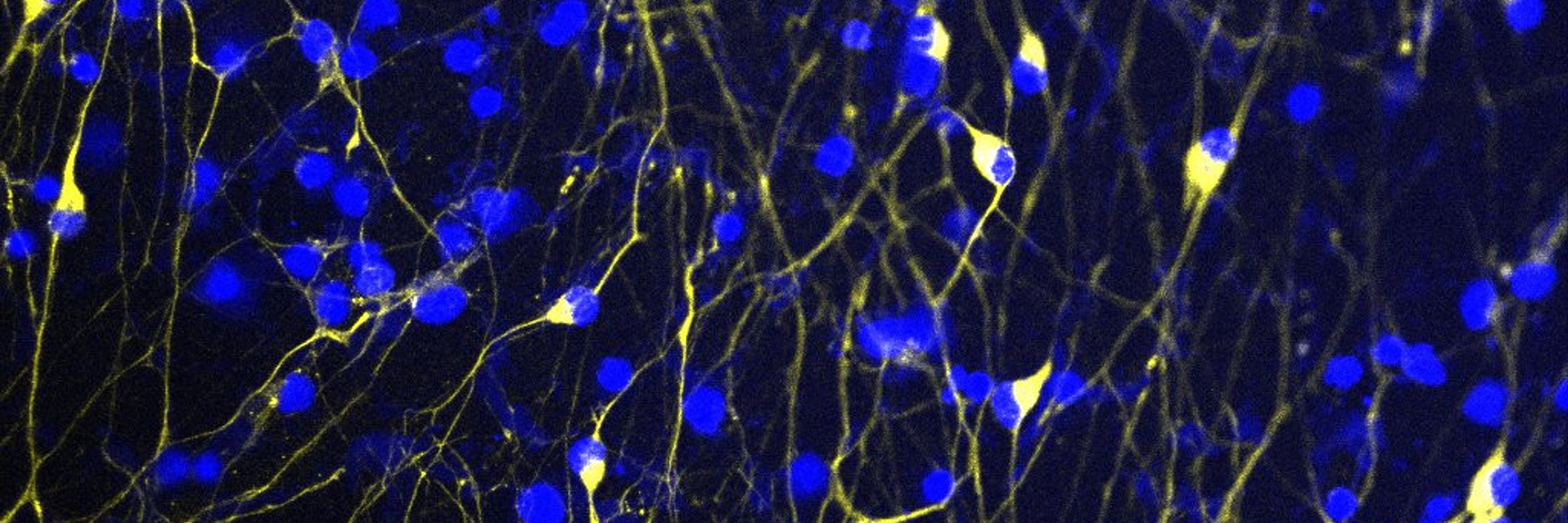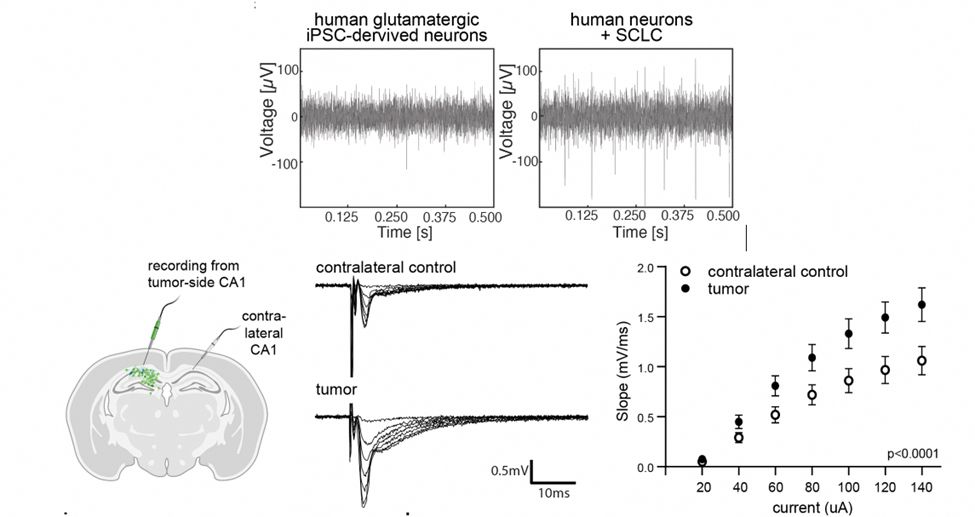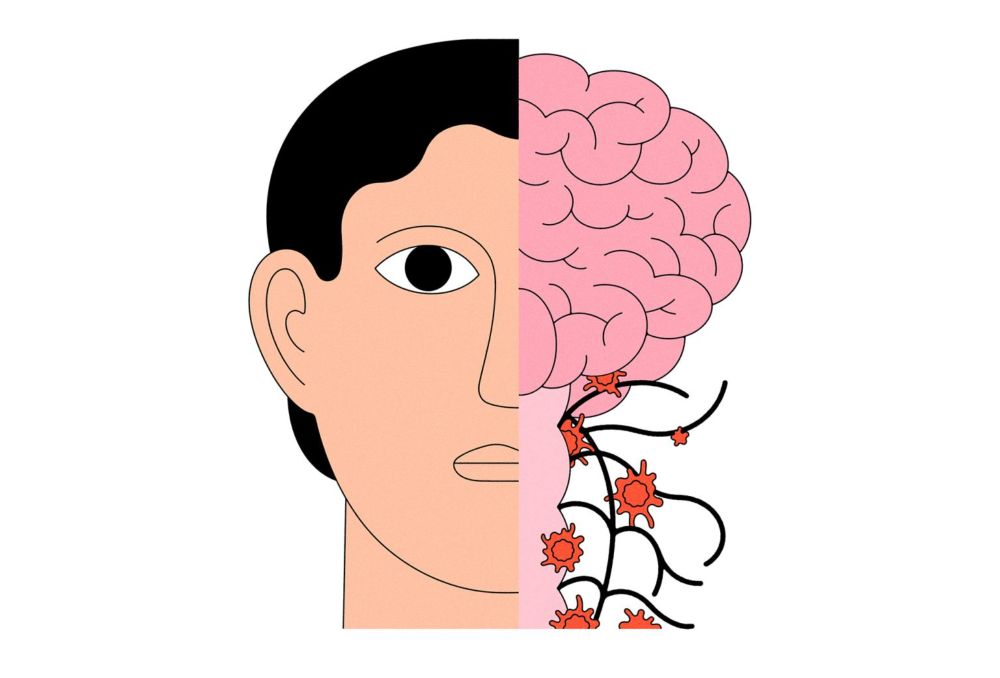The Venkatesh Lab
@venkatesh-lab.bsky.social
1K followers
380 following
29 posts
Cancer Neuroscience lab at Brigham and Women's Hospital/Harvard Medical School led by Dr. Humsa Venkatesh | http://venkateshlab.org | #cancerresearch #cancerneuroscience | Account managed by lab manager, tweets from PI will be signed.
Posts
Media
Videos
Starter Packs
Reposted by The Venkatesh Lab
Reposted by The Venkatesh Lab
Nature
@nature.com
· 20d

Wired for growth: neuron–tumour signalling in the lung and brain increases growth of a hard-to-treat cancer
Signalling between neurons and tumour cells in the lung and brain promotes the growth of small-cell lung cancer. These interactions might be a therapeutic target.
go.nature.com
Reposted by The Venkatesh Lab
Reposted by The Venkatesh Lab




















